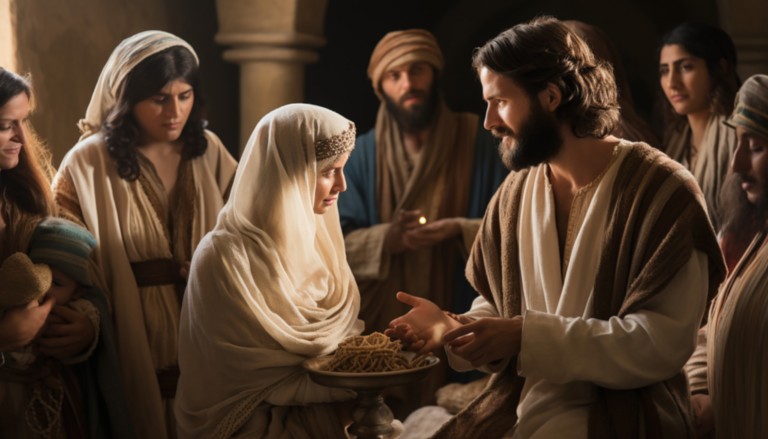Who is Your Mother?

The month of May will be filled with well-deserved and sweet words of affection about and for mothers. What if we step out of this norm and allow ourselves to be provoked by some ancestral words that still resonate as a polytonal composition in some ears of our days and reflect on the question "who is my mother" (Mt 12, 48)?
Some uninformed readers might mistakenly think that Jesus is scolding his mother with this phrase, but let's take a moment to consider some elements before jumping to this conclusion. Semitic culture, especially Hebrew culture, holds a very unique place for mothers. An honorable place. Let's think about the relationship between Bathsheba and her son, King Solomon: as queen mother, she had a privileged status in many things, including decisions in the royal court. She had a particular title: "Gabirah."
To this day, it is considered that a person is Jewish if they come from a Jewish womb. These are some examples of how motherhood is sacred in the Jewish context. The social and biological role of the mother is recognized and celebrated in the vast majority of cultures. Some consider it so sacred that even the religious environment is riddled with elements alluding to this figure. The fertility of the earth is often associated with motherhood. It is important to note that nurturing and protection are fundamental values of this motherly perspective. Some cultural traditions have deities who are mothers, while others believe that mothers play a special role in the cosmos. Before the development of biotechnology regarding DNA studies, the only certain figure from whom one could biologically claim descent was the mother. In psychological studies, mothers are central figures in human development.
So why would Jesus expose his own mother to a situation of public dishonor? That doesn't fit. But if we consider that perhaps, just perhaps, like the teaching style he used, he was taking this situation to invite his disciples to an expanded perspective, to go beyond what was taken for granted, the socio-cultural-biological status, and to bring their thoughts to a vision that dignified all women for their deepest choices, such as following him?
If this hypothesis is correct, motherhood is something more than all the biologically related and deeply demanding tasks mainly associated with mothers, from pregnancy to feeding and education. It invites us to offer all women who nurture, care for, love, carry in their arms, heal, accompany in the most difficult moments, and perform so many tasks with a maternal heart, all the respect and dignity that any mother deserves, especially His Mother, who was from conception to Pentecost and beyond, and who still cares for the disciples He entrusted to her at the foot of the cross.
May all mothers be respected and loved like Mary!
